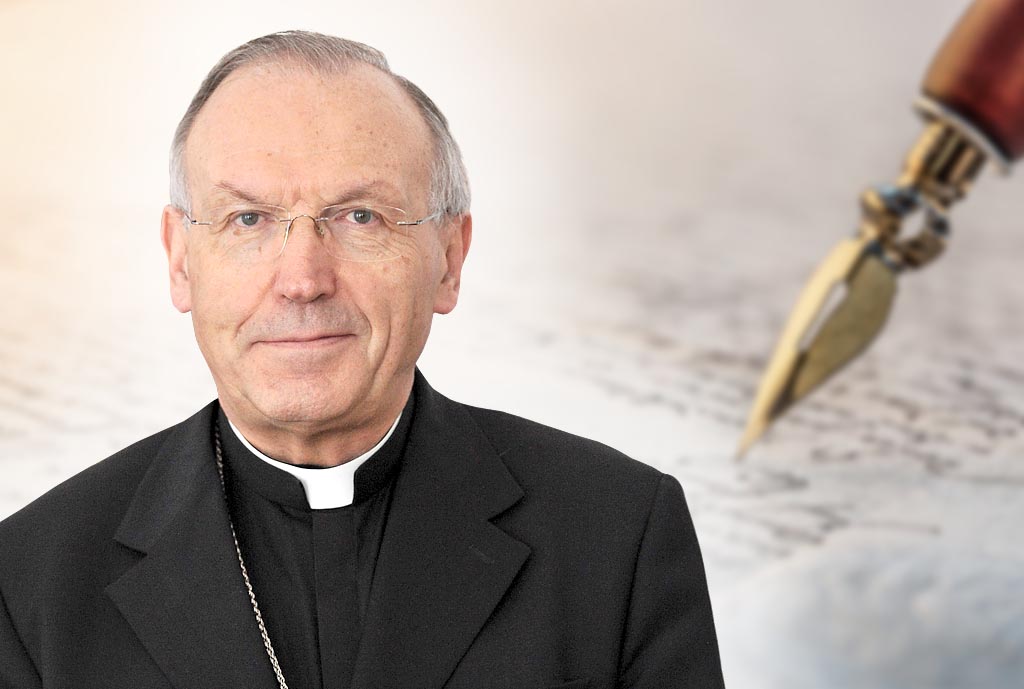By: Ddr Anton Stres
When the country is dominated by the “correct ideology”, as is the case in Slovenia at the moment, citizens are in for a tough time. Living under such circumstances is challenging, and Slovenian citizens could learn from the experiments of self-management socialism that it is not sustainable.
Trouble is also brewing for all other ideologies that do not align with the official ideology. Despite the country being formally, constitutionally neutral, and thus ideologically diverse with equal ideological groups, as befitting a true democracy, ruling parties with their leftist ideology no longer hide their aspirations for complete ideological and cultural hegemony. The first victims are the advocates of Slovenian patriotism and independence, with accompanying purges among journalistic “socio-political workers” who have not shown sufficient enthusiasm for the current ruling clique. For leftist cosmopolitanism, nationality and its cultural identity are considered reactionary remnants of the past. As extremes tend to meet, leftist cosmopolitanism goes hand in hand with neo-capitalist globalism.
It would be strange if the consequences were not felt by the Catholic Church and other religious communities. The constitutional principle of respecting human rights, among which the right to religious freedom is particularly emphasised and protected by the Constitutional Court of the Republic of Slovenia, currently prevents more severe infringements on this freedom. However, let’s not forget that leftist parties, through the occupation of the state council at the time, wanted to annul this law immediately after its proclamation. They have never “intimately” accepted it, especially not with the spirit and theory presented in the relevant decision supporting the law and religious freedom by the Constitutional Court itself in 2010 (see Official Gazette RS XX, 46, 6791–6818). Among the attacked articles of the Law on Religious Freedom (ZVS), Article 5 was also targeted, recognising that “churches and other religious communities, advocating spirituality and human dignity in private and public life, striving to give meaning to existence in the field of religious life and at the same time playing an important role in public life by developing their cultural, educational, solidarity, charitable, and other activities in the field of the social state, enriching the national identity and thus performing an important social function, /…/ public benefit organisations.” For people who were taught, as dictated by the Constitution of the Socialist Republic of Slovenia, that “professing faith is a private matter”, this article of the Law on Religious Freedom was blasphemous and unacceptable. Many still cannot “digest” it today. At the same time, the opposite fact stands out, that the government generously grants the status of “organisation of public interest” to various NGOs, even if they are newly established and “public interest” for them is limited to the interests of their followers.
As can be inferred from the statement of the Slovenian Bishops’ Conference (SŠK) and the minister’s proposal sent to the members of parliament, the latest changes were not the result of democratic and reasoned agreement with religious communities. Instead, they were unilaterally dictated, predetermined, and hastily adopted without the need, in complete contradiction not only with the international agreement between the Holy See and the Republic of Slovenia but also with European principles of continuous dialogue, as reflected in the Law on Religious Freedom (ZVS), which states that “the state respects the identity of churches and other religious communities and establishes an open and continuous dialogue with them, developing forms of permanent cooperation”. The ministry, which was the proponent of the proposed changes, blatantly ignored all the remarks from religious communities and did not take into account critical comments from the legislative service of the National Assembly.
The legal provision that religious communities are “organisations serving the public interest” has a strong constitutional basis. This assertion and justification appear in several decisions of the Constitutional Court of the Republic of Slovenia. Firstly, in two decisions from 1996 and 1997 (see Official Gazette of RS VII, 1, p. 24; and VII, 34, p. 3014), and then in a decision from 2010, in which the Constitutional Court rejected requests for the annulment of the Law on Religious Freedom (ZVS) (see Official Gazette of RS XX, 46, p. 6807). Therefore, it is understandable that it cannot be deleted, but the authorities can reject the practical consequences, leaving it a dead letter on paper, as was the communist practice with all declared freedoms and human rights.
This attack on churches and religious communities has, for now, stopped at reducing financial aid, which is arbitrary, as no real reason was given for this. With dictatorial arrogance that excludes dialogue and communication and ideological bias as the sole reason, it represents a sinister forecast for the future. With this move, the leftist wing of the current government has once again revealed its hegemonic cultural intentions.

